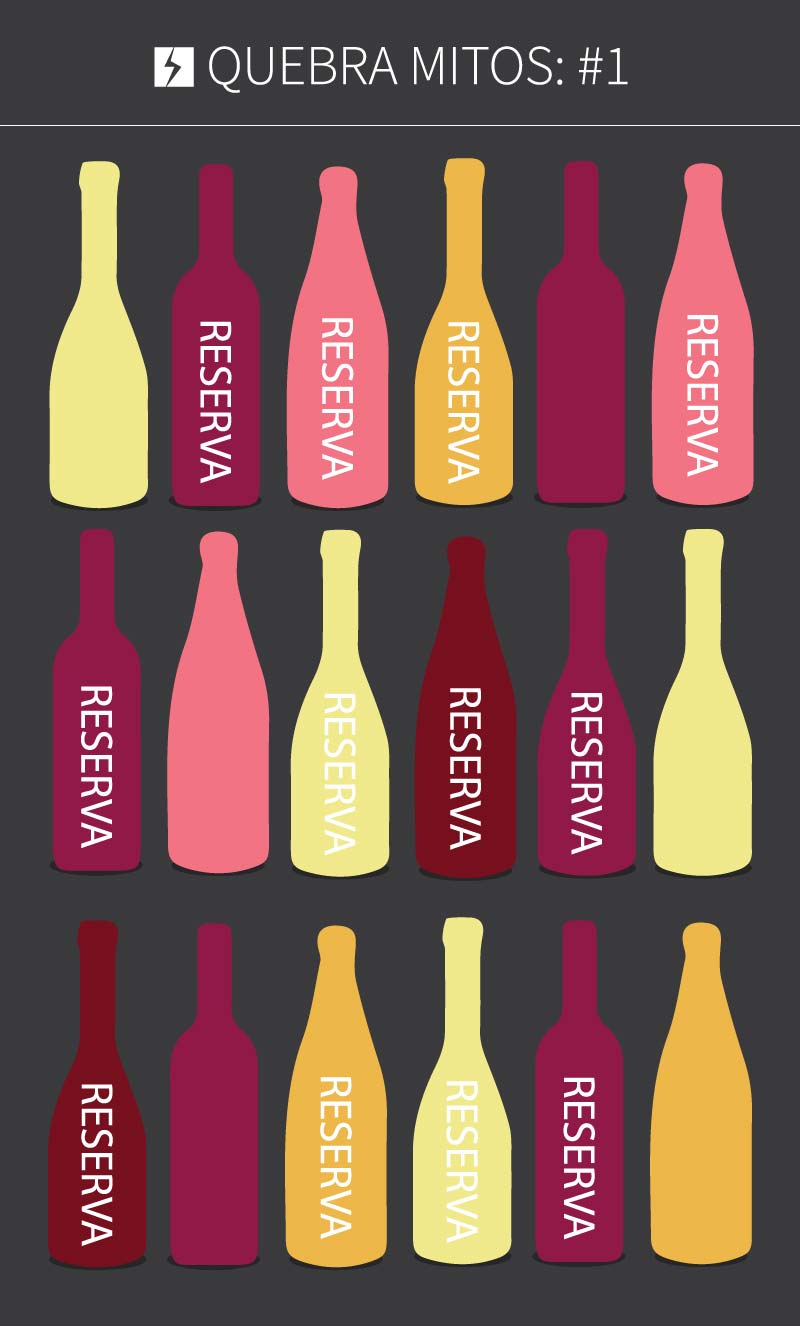
Are Reserve Wines the best?
Not necessarily.
Reserve designation in a wine label exist in different regions and are attributed by certified entities, following qualitative criteria. Normally, this attribution is subject to a period of ageing in oak and in the bottle before the wine goes to the market. Even though, those quality criteria and wine styles vary with the country and/or region where it is produced.
The fact that some of the best wines in the world do not use Reserve on the label may also be a strategic marketing option. In some countries/regions the word Reserve might be used, but its use do not follow a defined pattern because there is no regulation and/or laws about this subject.
For example…
In Spain the wine has to be aged at least 12 months in oak and 24 in the bottle before it goes to the market using Reserve designation. In Italy, Riserva means 3 years of ageing. On the other hand, in Chile and Argentina there is no standard rule or law.
In Portugal, the use of Reserva on the label obliges the indication of the year of harvest and it is normally used in wines with Denomination on Origin (VQPRD).
Which one is the best for you?
If you prefer more intense wines, marked by tannins, more complex with a good volume in the mouth and a long ending, you should go for more gastronomic wines like a Reserve. This is because the presence of wood will help harmonizing it.
If, on the other hand, you look for a relaxed moment you should go for a more soft fruity wine because you do not necessarily need food to have with.
In the end, the main point is that you enjoy it!
Being Reserve or not, best Portuguese wine comes from Vinha,
Cheers!


